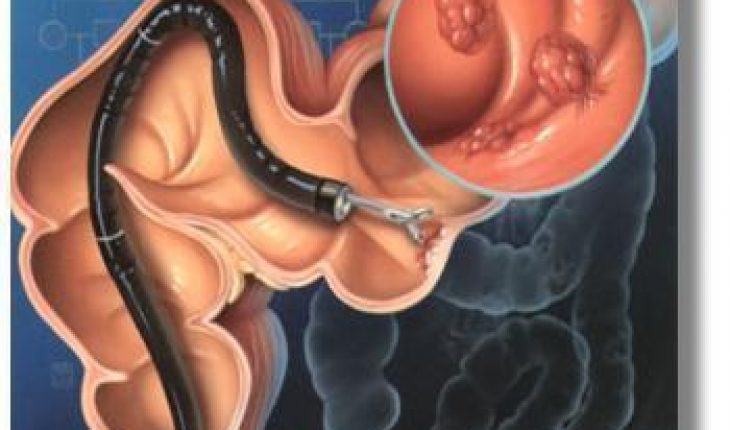An advance and sophisticated diagnostic method that examines the large colon as well as some parts of the small bowel, colonoscopy involves the use of a fiber optic camera or a charged-couple device camera. The camera allows health professionals or physicians to have a closer look at polyps and ulcerations in the colon. By using this method, it is easier for medical experts to remove tumors or suspected lesions through biopsy. Since this is an invasive method, patients should ask for recommendations from their doctors before they undergo colonoscopy.
Undergoing Colonoscopy
How often should one have a colonoscopy? Most health experts agree that a person should have a colonoscopy every ten years. This method is commonly performed to patients aged 50 years and above because they are at risk to colorectal cancer and other serious diseases in the colon. However, the method can also be performed to young patients who have a family history of colorectal cancer or polyps, inflammatory bowel disease as well as familial adenomatous polyposis. With the use of this screening method, physicians can remove polyps and cysts before these become malignant and affect the health condition of patients.
Additional Information and Other Important Details
Colonoscopy is an effective method because it allows physicians to examine the occurrence of gastrointestinal hemorrhage as well as polyps, however, it is also important that patients know some of the disadvantages of using the method. First, the method is expensive and most health insurances do not cover this. Second, physicians sedate patients before they undergo the procedure, which means that patients cannot go home after performing the procedure. Third, one out of 400 patients who undergo the procedure experience complications such as colon perforation, cardiovascular event, abdominal pain as well as serious bleeding. To avoid these complications, patients are advised to be screened before the procedure.
To prepare for the procedure, the large colon should not have solid matter. In this regard, patients should follow a clear fluid only diet or a low fiber diet a day before the procedure. Some of the clear fluids that they can take are apple juice and sports drink. On the day, the procedure will be performed, patients should take a laxative prescribed by their physicians.
When it comes to results, a clinical study showed that the procedure reduced two thirds of deaths caused by cancer in the colon. However, patients should remember that the process should be completed to improve the life chances of individuals suffering from diseases related to the major organs found in the right part of the body.

